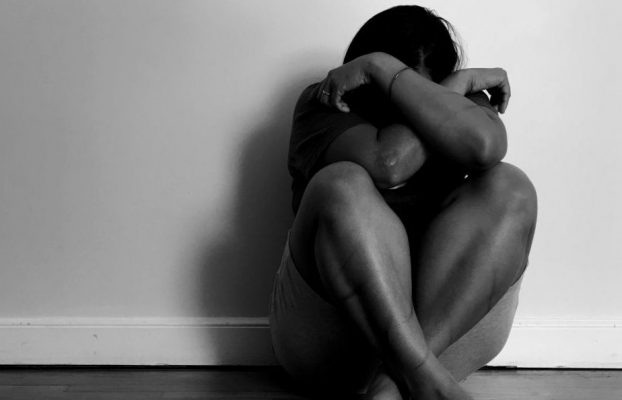
The World Health Organisation has revealed that nearly 19 million teenage girls will have encountered physical and/or sexual intimate partner violence by the time they reach 20 years of age. This alarming data was disclosed in a statement issued by WHO on Tuesday, based on a new analysis published in The Lancet Child and Adolescent Health.
According to WHO, statistics show that around 16 percent of adolescent girls have experienced intimate partner violence in the past year. Dr. Pascale Allotey, Director of WHO’s Sexual and Reproductive Health and Research Department, expressed concern over the early onset of intimate partner violence among young women globally. The impact of such violence during these crucial years can have long-lasting repercussions, emphasizing the urgent need to address it as a severe public health issue focusing on prevention and targeted support.
Allotey stressed that partner violence can severely affect the health, education, relationships, and future prospects of young individuals. The consequences include increased risks of injuries, mental health disorders, unplanned pregnancies, sexually transmitted infections, and various other physical and psychological conditions.
The high incidence of violence against adolescent girls is rooted in deeply entrenched inequalities, as highlighted by Allotey. This study provides a detailed analysis of the prevalence of physical and sexual partner violence among 15- to 19-year-old girls in intimate relationships, shedding light on the social, economic, and cultural factors that contribute to their vulnerability.
Intimate partner violence against adolescent girls is most prevalent in lower-income countries and regions with fewer girls in secondary school. Factors such as weaker legal property ownership, inheritance rights disparities between genders, child marriage, and spousal age differences further exacerbate the risks of abuse.
Efforts to combat gender-based violence must include policies and programs that promote gender equality, secondary education for all girls, and the eradication of harmful practices like child marriage. The WHO is actively supporting countries in measuring and addressing violence against women, with new guidelines on preventing child marriage set for release by the end of 2024.
(NAN)
